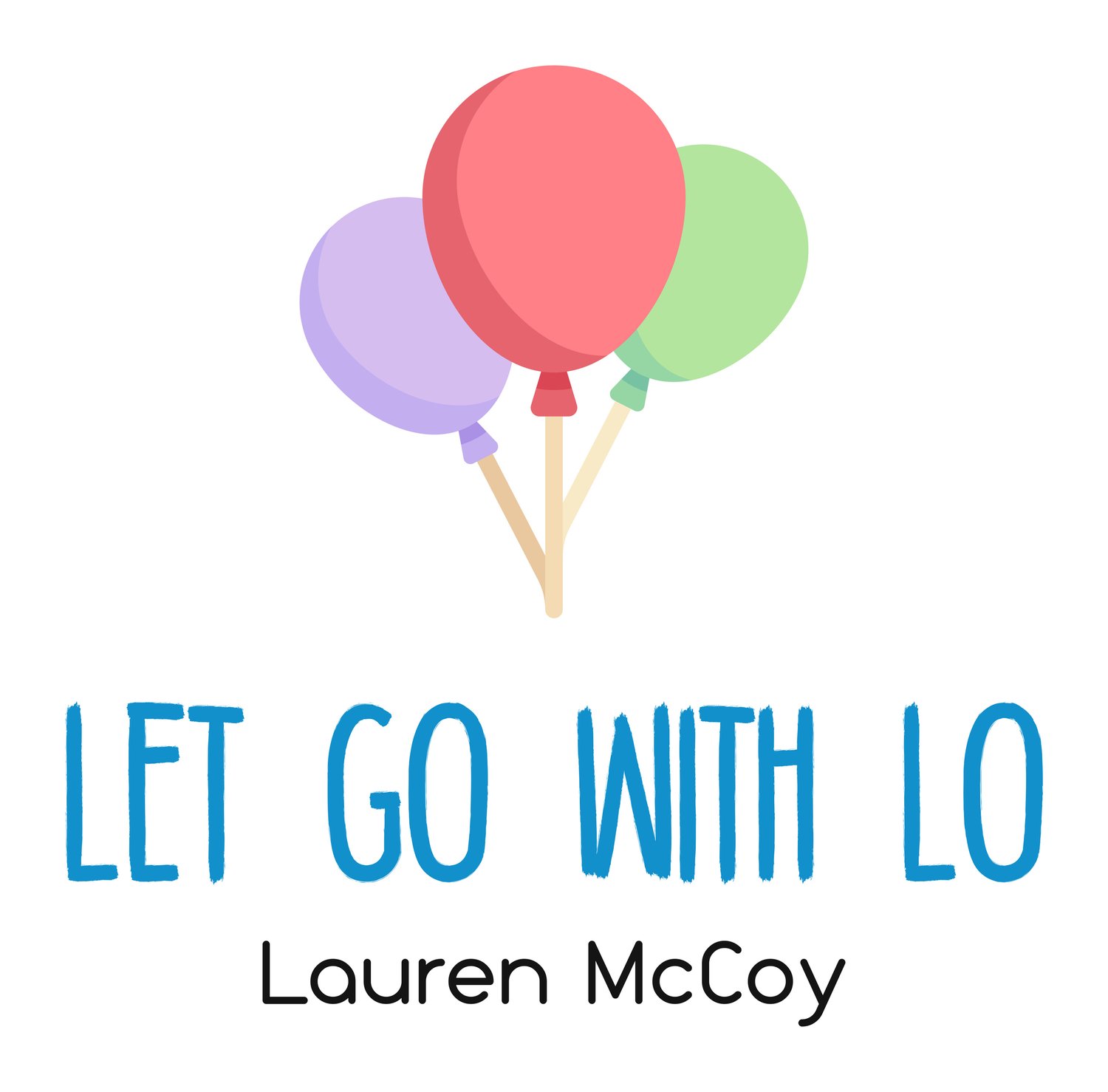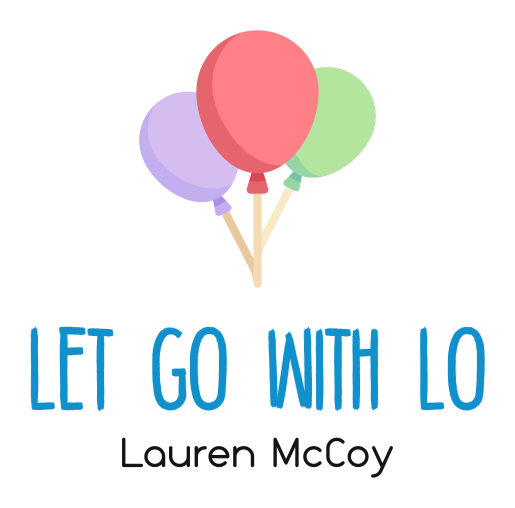Managing Our Relationship Expectations
For those of us who identify as people pleasers, we often set high expectations for ourselves when it comes to our relationships. We place great emphasis on being available, listening, doing kind acts, and empathizing with others in our life. While these are beautiful qualities, they can set us up for disappointment and resentment when others do not reciprocate with the same intensity. In my own life, I consider friendship an extremely important part of my day-to-day existence. As an only child, I have always craved social connection and viewed my friends as surrogate siblings and part of my family. I believed that to be a good friend, a person needed to be extremely loyal, always show up, and willing to sacrifice for the other person no matter what. I embraced these ideals as part of my identity, taking pride in the fact that I rarely said no, put others’ needs before my own, and took responsibility for their emotions. From my perspective, that was just what a “good friend” did - no questions asked and no explanation needed.
As I grew up, I realized that while I had these rigid expectations for myself and others in my relationships, not everyone adopted or valued these qualities in the same way. Some of my friends came from large families, and they would cancel events with friends at the last minute to attend a family function or even just to hang out with their siblings. Other friends placed great emphasis on dating, and they would disappear from our friend group as soon as they met a new love without thinking twice. In these situations, I often felt hurt, disappointed, and even angry, wondering why I was always giving more to the friendships than I received in return. I blamed others in my life, believing they were disloyal and taking advantage of my kindness. The same was true for some of my dating relationships, in which I over-functioned, rarely said no, and sacrificed my own wants and needs for the other person. My narrative became that I was right and others were wrong, and that I did what everyone was “supposed” to do in a relationship. Why was this concept so difficult for everyone else?
Interestingly, I never even considered the possibility that I was giving too much and/or expecting too much in return. It also never crossed my mind that not everyone views relationships in the same way. Many years ago, it was actually my husband who helped me to recognize that there is no one “right” or “good” way to be in a friendship or partnership. Everyone has different ideas about how to show up in their relationships based upon their own personalities, values, and past experiences. In other words, answering the phone at any time of day or night and dropping everything to show up are not necessary requirements to prove that you care. For quite some time, I really struggled with the idea that there are no universal relationship rules because it was a belief that I held so strongly.
In truth, when we lack boundaries in our interactions with others, we often become upset when others say no, set boundaries, and take care of themselves. When I learned to relax my rules and accept people for who they are and what they could give, it reduced my resentment, hurt, and frustration. In doing so, it strengthened my relationships because I was able to speak up for what I needed and enjoy the ways in which others did show up for me. And in those relationships where my values didn’t align and I was getting very little from our interactions, I eventually chose to put some distance between myself and them. Rather than feeling wronged, I recognized that they were giving as much as they were able and willing to give at the time. And their behavior was about them, not a reflection of me and my worth. While I couldn’t control their actions, I could decide whether that kind of relationship worked for me. In the end, I adjusted my expectations, took a step back, and placed more time and attention on those in my life who were available for more. While it’s not always easy, I now focus on accepting all parts of people and remembering that there is no one right way to show up in relationship. And I have the freedom to choose how I show up for others and how I take care of myself. This mindset shift has allowed me to be present, appreciative, and communicate with others in healthy way, which has made all the difference!

